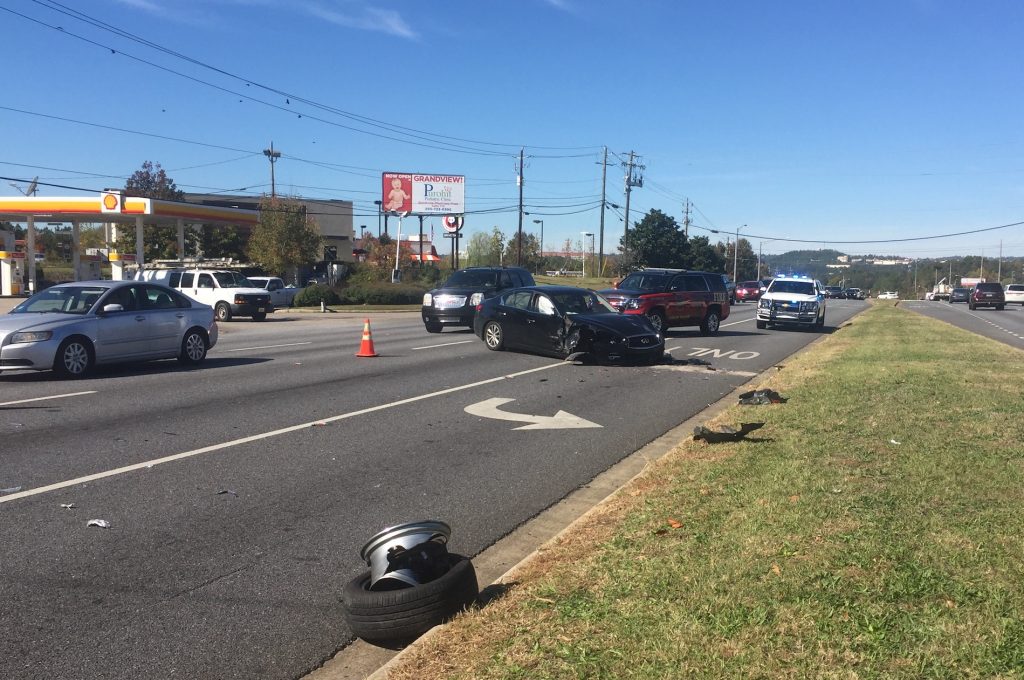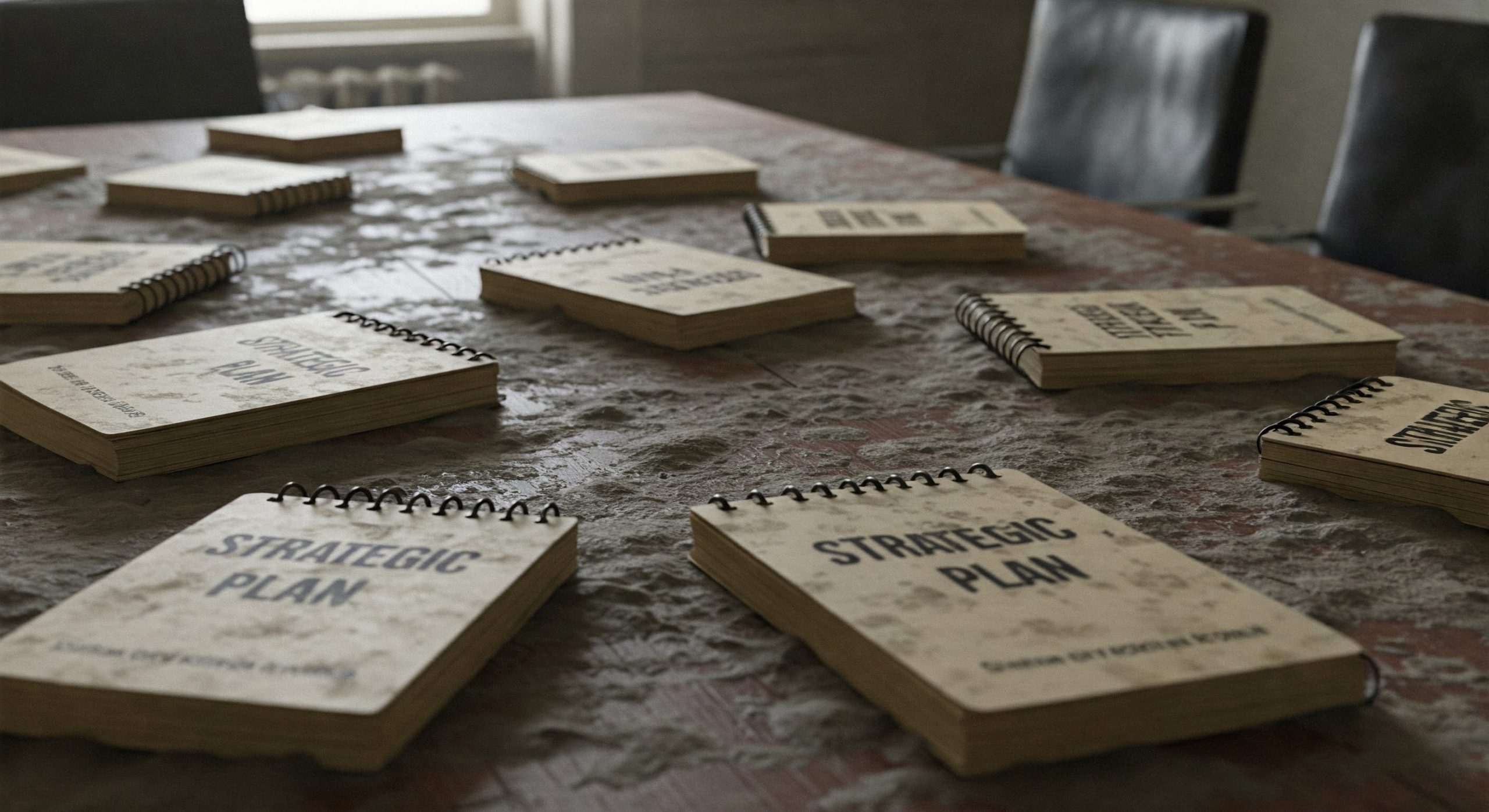An Involuntary Vow of Education.
One tenth of a second. One blink of an eye. One split second decision. One thought of “Nah, we don’t have time to go to the store, let’s head home.” One glance in the mirrors. One look over the shoulder. One turn signal engaged. Ease the steering wheel of the car and gently press the accelerator. Then Bam! It happens. The crunch of metal and glass pierces your ears. You are tossed, at what seems like the speed of light, from where you were to another dimension. A cloud of smoke fills the cabin. The aroma of burnt rubber and metal fills your nostrils. Disoriented, but seemingly alive, you are brought to your senses with the cries of fear around you. You reach for the door handle, stumble to the ground and clamor for fresh air. Within seconds you realize your spouse is trapped, and go back in the wreckage to help them escape. In the most dramatic way possible, and without warning, you just learned a lesson. The proverbial bell rang, the classroom doors opened, and the awaiting law professor named Physics has announced a pop quiz for your life.
By an act of divine intervention you are alive to learn it. Well, I am alive to learn it. See, this is the recent lesson I didn’t plan to learn. When I woke up that Saturday morning, the furthest thing from my mind was a 3 car wreck on Highway 280 in Birmingham. My plans looked very different for the day. My goal was a quiet day of rest. I didn’t realize it was going to be a chaotic school day.
As coaches and leadership trainers, part of what we do is look for opportunities to help others self-discover what life is teaching. Self-discovery is always best if learned before things get difficult. However, sometimes we learn best in the struggle, the pressure pot, or in this case the unexpected turn of events. There are at least 4 principles to glean from these kind of situations from my recent recovery and time of reflection.
- You can prepare for the unexpected
- You can learn from failure in ways success cannot teach
- You can accept the consequences of your decisions
- You can believe that good will come from what happened
Prepare for the Unexpected – You may not be able to predict it but ,you can begin to prepare by knowing who you are and having deep roots in your understanding of the world around you. Your worldview and values matter. Also, take time to consider others, different scenarios and situations. Put yourself in someone else’s shoes. Walk a mile in them and consider how you could/should respond. Take that CPR class. Brush up on your knowledge of crisis response. Be aware of your tendencies and weaknesses so that when the unexpected moment comes you are prepared to respond well. You may not control the crisis, but you don’t have to let the crisis control you. Prepare your mind, heart and life so that the unexpected allows you to shine with resilience rather than crush you in spirit.
Learn from Failure – This is the self-examination part. After the dust settles allow yourself the time to reflect on your responsibility. Dig deep and examine how you could have acted, responded, or possibly prevented the situation. Consider the contingencies and “could haves”. This is not the warm and fuzzy part, but it is crucial to taking in the lesson. After reflection, look at how you can improve your outlook and change for the better in the future. Having a plan for change restores hope and gives you something to look forward to rather than simply mull on the failure itself.
Accept the Consequences – In most (not all) cases we bear a measure responsibility for the events of our lives. Learning to accept the consequences, with grace, is a key component to future success. Anger, bitterness, blame, and retaliation toward yourself and others are natural responses that must be addressed as a part of healing. However, the goal is not to ignore the contribution of others or sweep it under a rug, but to gain perspective and work toward self-improvement of character and lasting resilience. By owning your portion and acting responsibly, you demonstrate emotional intelligence and willingness to become better not bitter.
Believe In The Good To Come – “This too shall pass” and other cliche’s. Finally, once you have worked through the steps above, you will begin to see the good that can come from the unexpected, unintentional and unsolicited. Beginning to see the good that can come from hardship is a sign of returning mental/emotional health. Time for healing is important, but as soon as possible, begin to believe that good will come as change is seen from the unintended lesson. Write a list of the good things that will or have come. Keep them as a a reminder.
Bonus Thought
One word of practical encouragement, learn the lesson and create a remembrance to it so you do not forget. Embrace a token, a letter, a calendar reminder, something of importance. Whatever it takes to keep the lesson fresh in your mind allow it to never be lost.
In The End
The screams subsided, the vehicles totaled, shrapnel cleaned up and traffic restored to its daily chaos. No lasting injuries to speak of thankfully. Miraculously, mere inches made the difference between temporary soreness and serious injury or death for one or more involved. Flashbacks, whiplash, scrapes, aches and bruising were the only short-term results. However, the emotional weight and memories leave an indelible mark like the red ink that permeates the teacher’s corrective red pen.
Questions for Reflection
- How will you prepare, learn, accept and believe when the unexpected comes your way?
- What life improvements will you make from the difficulties you have faced or are facing?
- Who do you have in your life to help you in that process?
- What tools do you need today to recover from an unexpected event or make progress in moving forward?
All these and more are what coaches do to help people in life and business.











